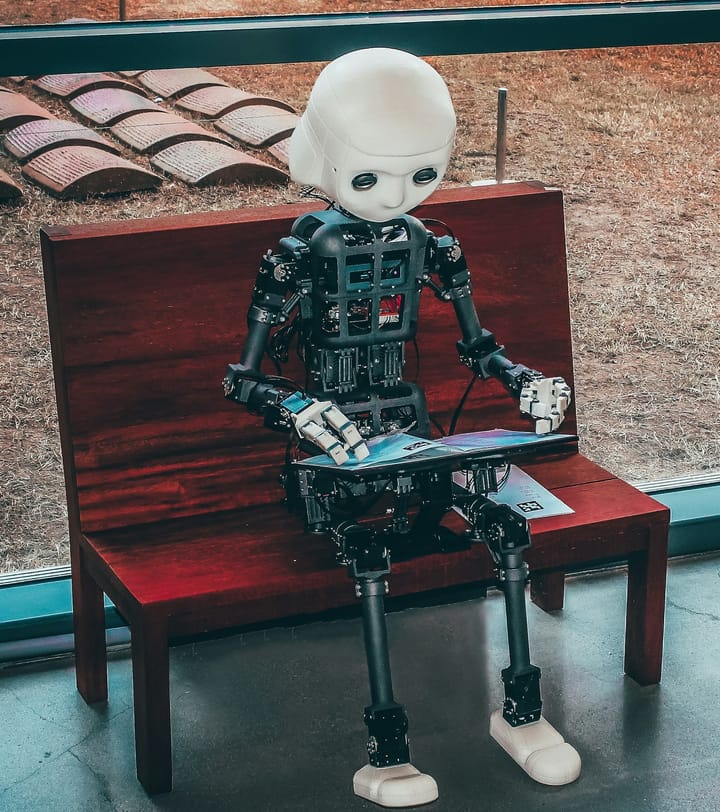The Schrödinger Singularity: When AI Exists in All States Until Observed
Quantum AI may hold multiple truths at once, collapsing into a single answer only when observed. Welcome to the Schrödinger Singularity.

As quantum computing and artificial intelligence begin to converge, we're entering an eerie new phase of machine cognition. Dubbed the Schrödinger Singularity, this phenomenon draws on the famous paradox in quantum physics where a cat in a sealed box is both alive and dead—until observed. Now, AI may be approaching a similar reality: models that hold multiple possible truths simultaneously, collapsing into a single output only when a human asks the question.
In other words, what your AI thinks depends on when—and whether—you look.
Superpositioned Reasoning: When AI Thinks in Maybes
Traditional AI models generate single, definitive outputs. Ask it a question, get an answer. But quantum AI systems, operating with qubits instead of classical bits, can represent multiple states at once. This opens the door to superpositioned reasoning—a form of cognitive ambiguity where AI holds multiple answers, calculations, or interpretations simultaneously.
The implications are wild:
- Legal AI that weighs multiple conflicting precedents at once
- Scientific models that simulate parallel outcomes
- Strategic agents that consider mutually exclusive futures in one sweep
Until prompted, these models exist in probabilistic limbo, holding all possibilities and none—until we peek inside the box.
The Observer Effect: Are We Training the AI or Triggering It?
Just like in quantum physics, observation changes the outcome. In the Schrödinger Singularity, the prompt becomes a probe: it defines not just the answer, but the reality the model chooses to collapse into.
This shifts how we understand human-AI interaction:
- Prompts aren’t just requests—they’re measurements
- AI behavior isn't fixed—it’s conditional
- Truth becomes contextual, shaped by the moment of interaction
This isn't just a philosophical curiosity—it raises real ethical stakes. What happens when legal, medical, or financial advice depends on when you ask the question?
A Singularity of Probabilities, Not Predictions
Most people associate the word singularity with a future where AI surpasses human intelligence. But the Schrödinger Singularity introduces a new kind: one where reality, ethics, and logic become fluid until observed. It’s not about speed—it’s about state.
AI becomes less of a machine and more of a mirror—reflecting probabilities until one is picked. This makes trust, interpretability, and reproducibility far more fragile.
Conclusion: Welcome to the Quantum Mirror
The Schrödinger Singularity forces us to confront a new kind of intelligence—one that thinks not in facts, but in fuzzy probabilities. It’s not a model that learns from the past, but one that defers reality until the very moment it’s asked to show its hand.
And when that moment comes, we must ask:
Are we observing the model… or is the model observing us back?


